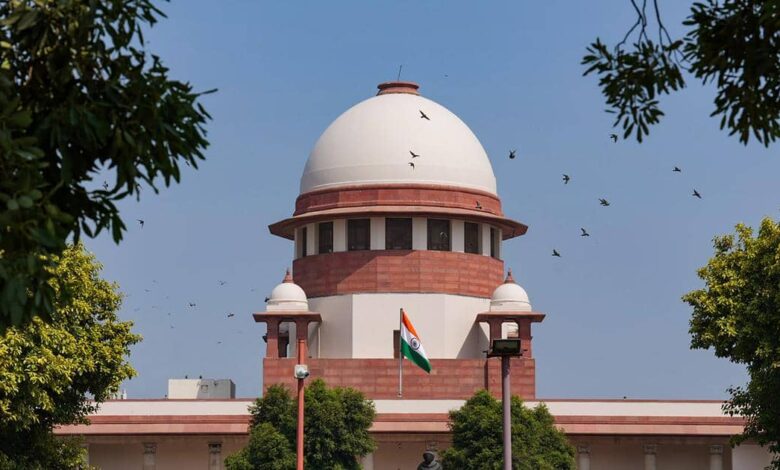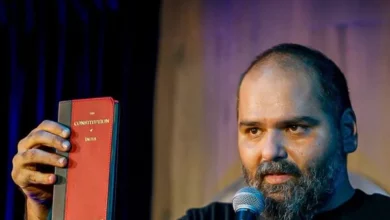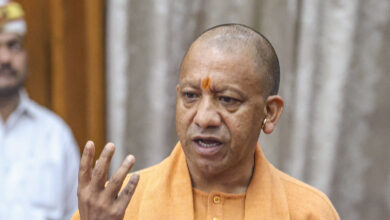
In a landmark ruling, the Supreme Court has clarified that downloading and viewing child pornography constitutes an offense under the Protection of Children from Sexual Offences (POCSO) Act. This decision came as the court set aside a previous order by the Madras High Court, which had stated that merely downloading and watching such material was not an offense.
The bench, comprising Chief Justice DY Chandrachud and Justice JB Pardiwala, criticized the Madras High Court for committing an “egregious error” in its judgment. This case involved a 28-year-old man who had been charged with downloading child pornography on his phone. The high court had quashed the criminal proceedings, arguing that society should focus on educating children about pornography rather than punishing offenders.
The Supreme Court has now reinstated the criminal proceedings against the individual. Justice Pardiwala expressed gratitude to the Chief Justice for the opportunity to craft this significant judgment, emphasizing the importance of Section 15 of the POCSO Act, which outlines penalties for storing pornographic material involving children.
According to this section, individuals who store such material and fail to report or destroy it face fines starting at ₹5,000, with repeat offenders facing fines of at least ₹10,000. If the material is intended for transmission or propagation, penalties can include up to three years of imprisonment. Storage for commercial purposes can result in a prison term of three to five years, increasing to seven years for subsequent convictions.
Justice Pardiwala highlighted the profound impact of child pornography on the victimization of children and suggested that Parliament consider amending the POCSO Act to classify child pornography as a child sexually abusive and exploitative material. The bench also recommended that all courts refrain from using the term “child pornography” in their orders, advocating for a more sensitive approach to this critical issue.



